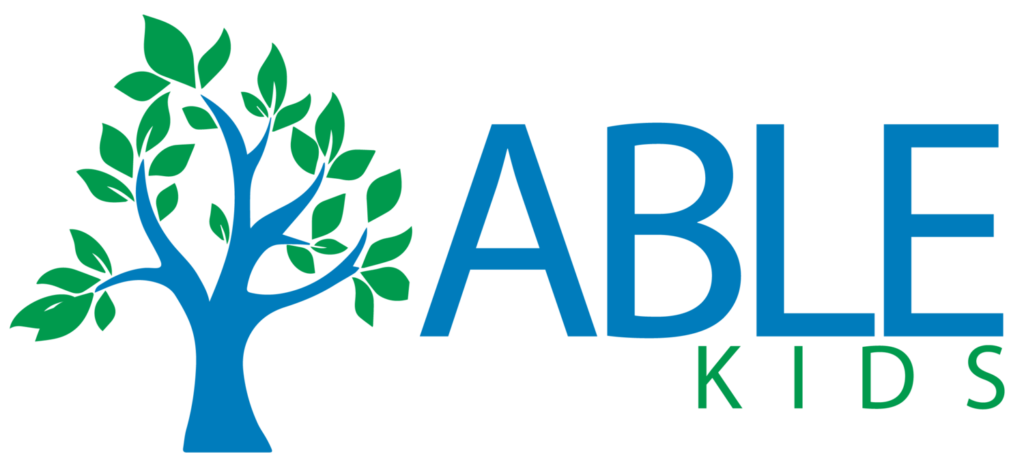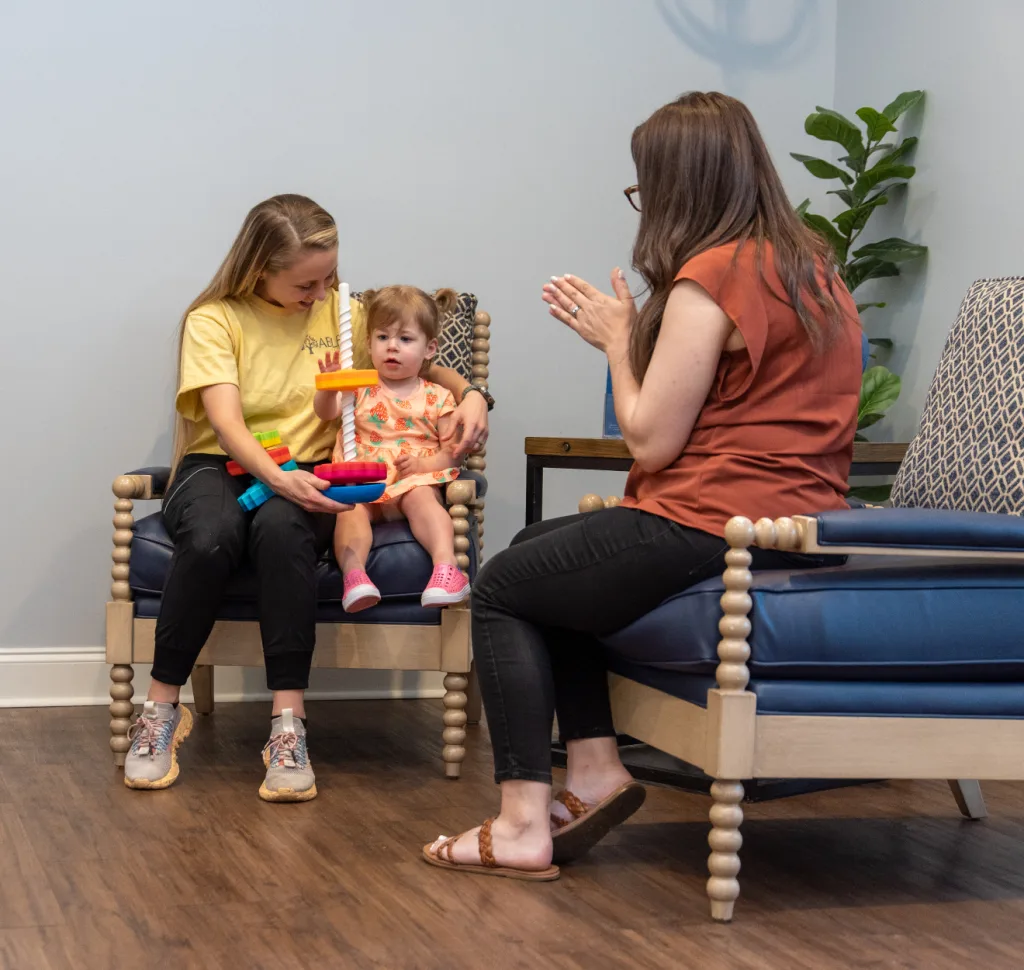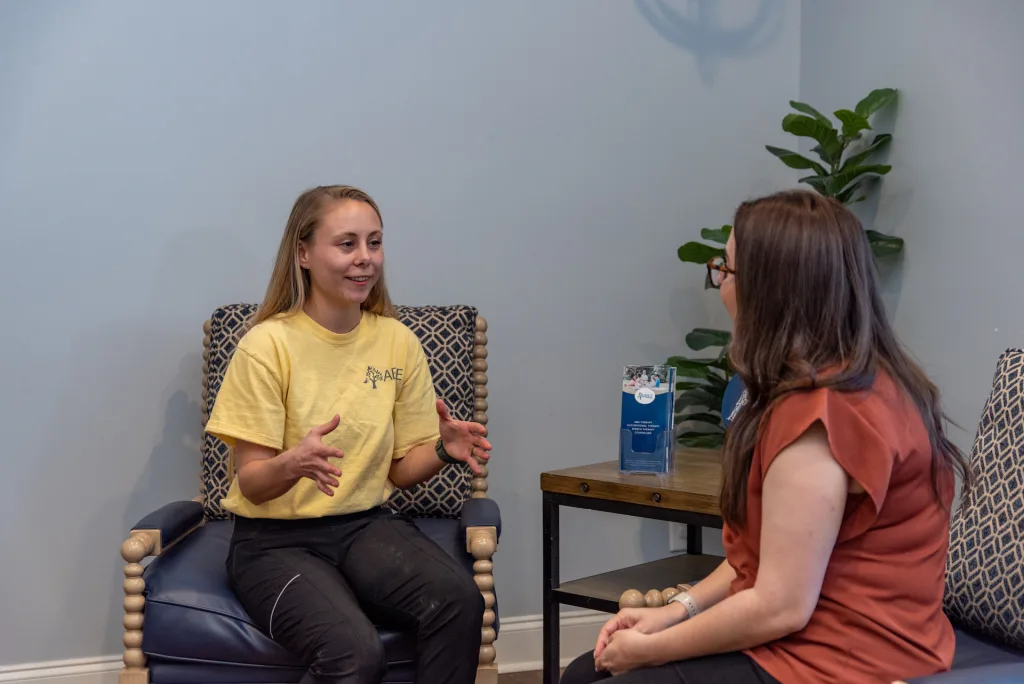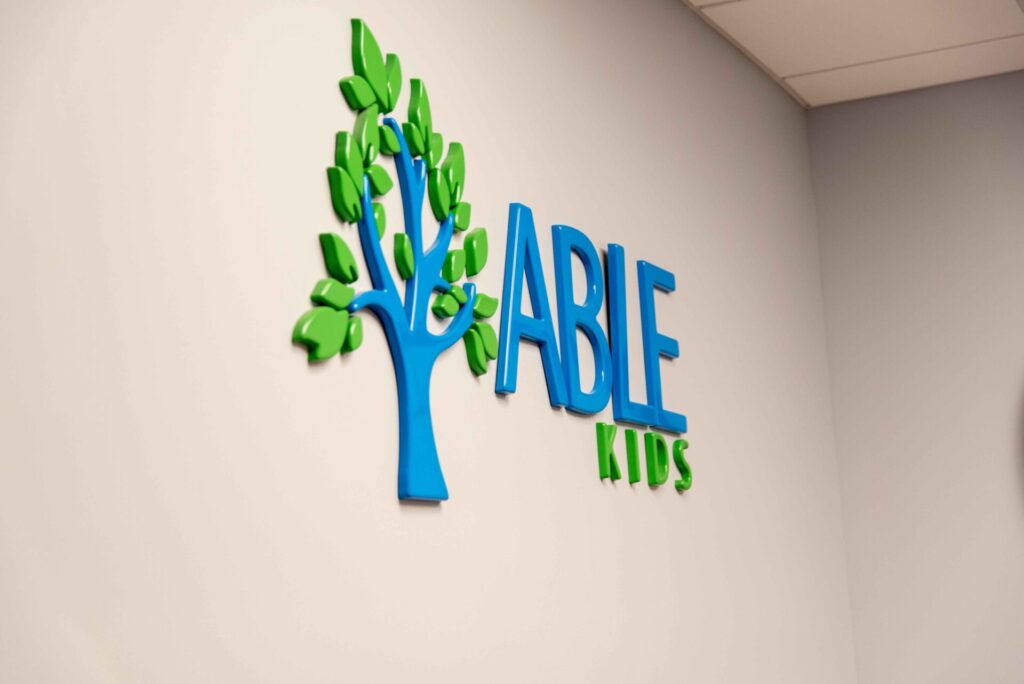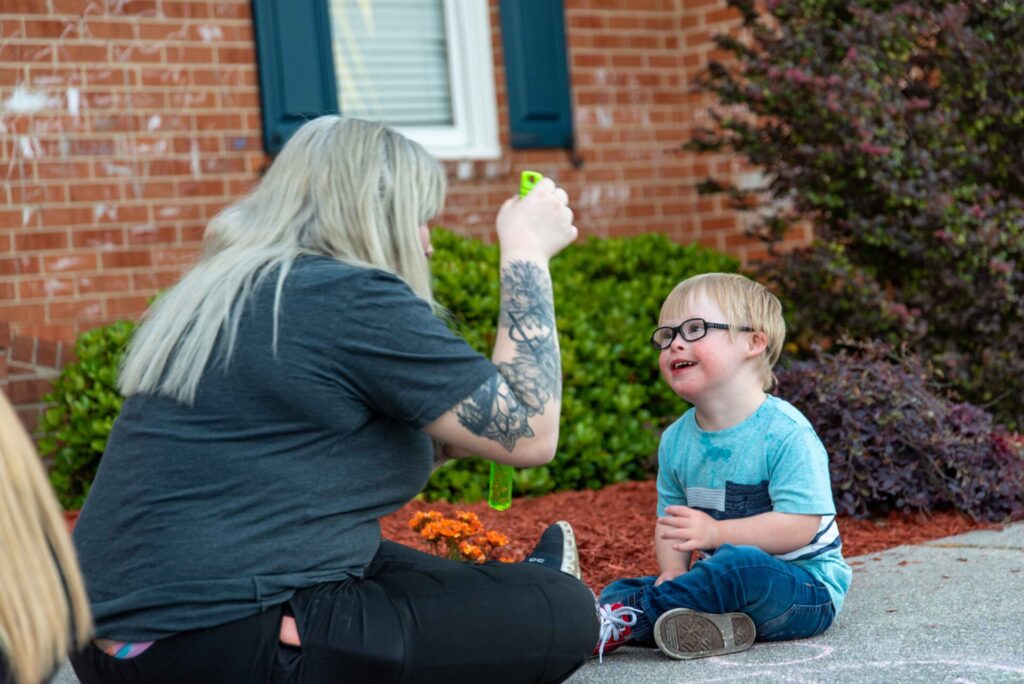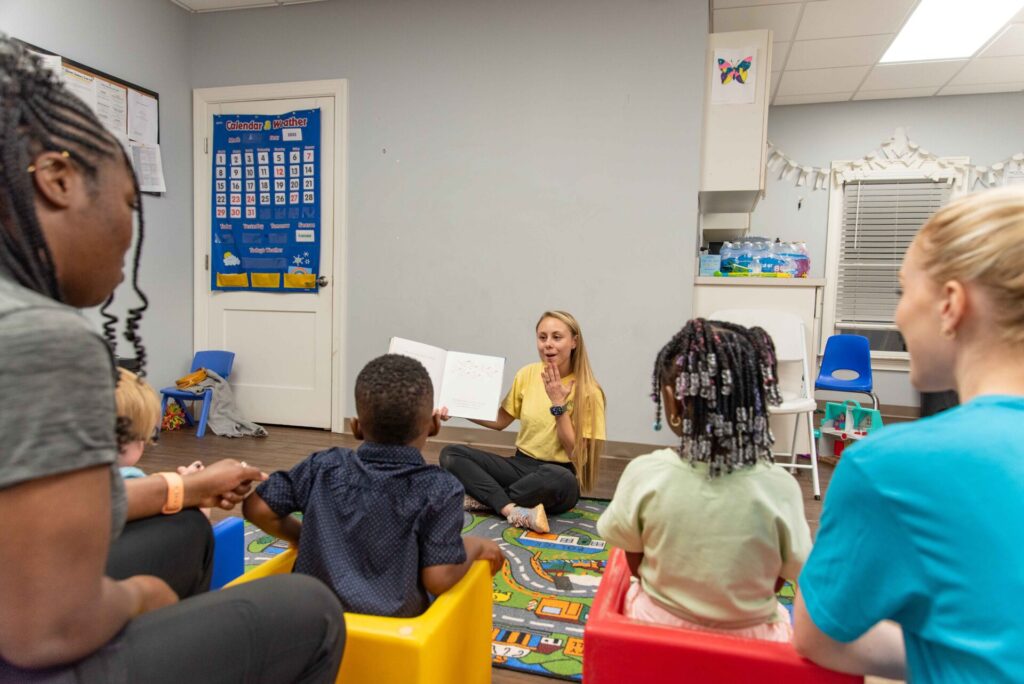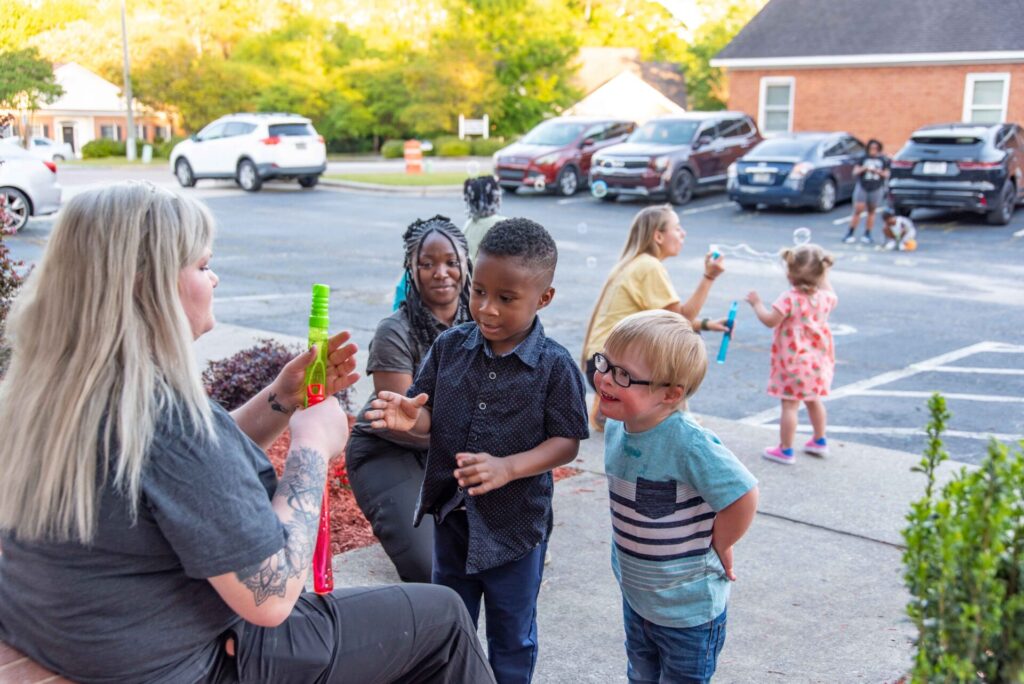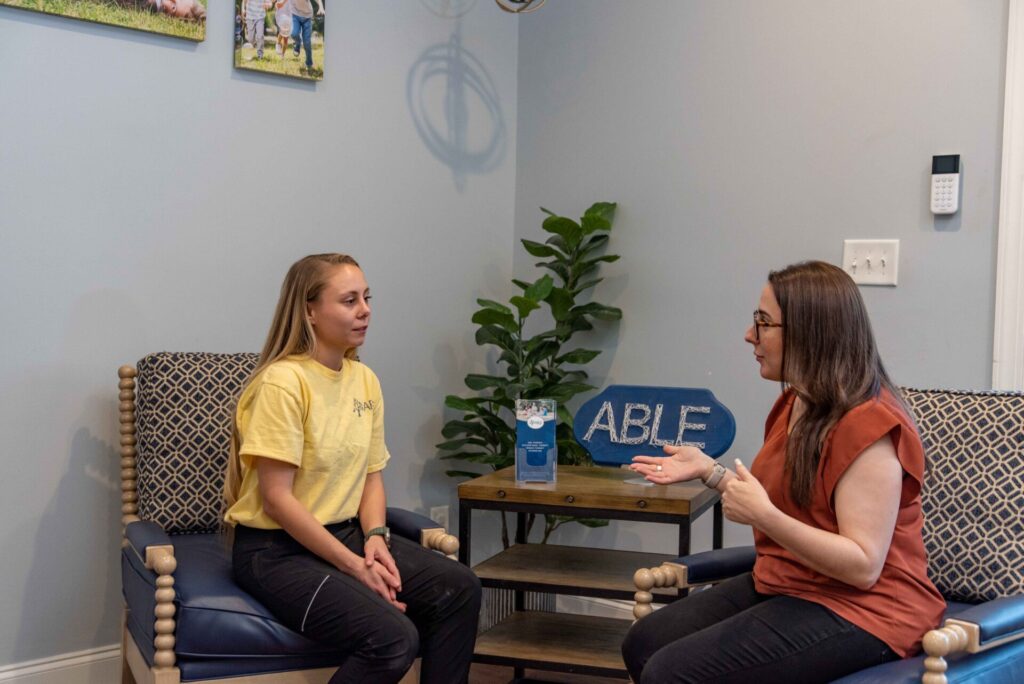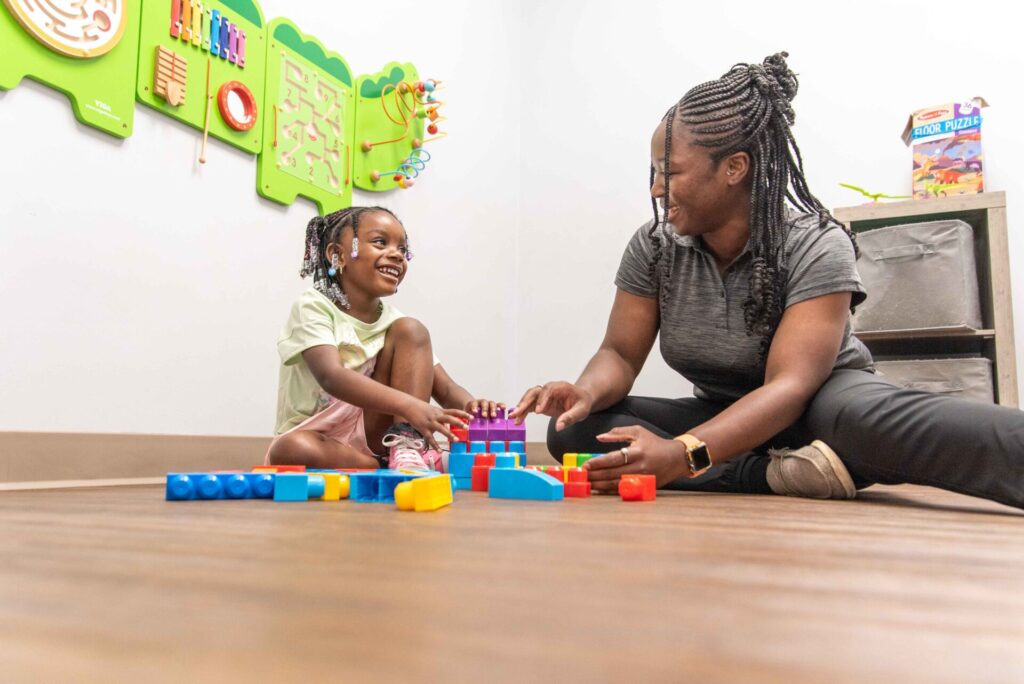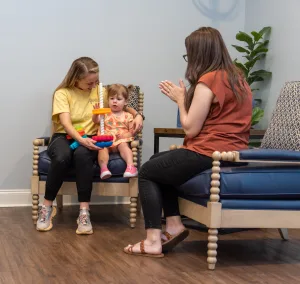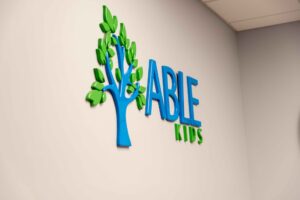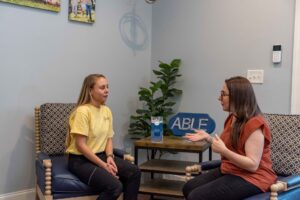Applied Behavior Analysis (ABA) therapy is a highly effective and evidence-based approach to treating individuals with autism spectrum disorder (ASD). However, there are several misconceptions surrounding this type of therapy that often lead to misunderstanding and misinterpretation of its benefits.
The purpose of this article is to dispel these myths and clarify any misunderstandings parents in Roswell, Georgia may have when it comes to the effectiveness of ABA therapy.
Myth #1: ABA Therapy is Too Rigid and Structured
One common misconception is that ABA therapy is a one-size-fits-all approach, that it’s too rigid and structured to make any kind of impact. This cannot be further from the truth. ABA therapy employs a highly individualized and tailored treatment plan that is specifically designed to meet the unique needs of each individual.
ABA therapists work closely with each individual to develop a personalized treatment plan that addresses their unique needs and abilities. By taking into account the specific strengths and challenges of each individual, ABA therapy can be tailored to meet their specific needs and help them reach their full potential.
Myth #2: ABA Therapy Uses Harsh Methods
One of the most damaging misconceptions about ABA therapy is that it is cruel and inhumane. Some critics argue that ABA therapy uses punishment and rewards to manipulate behavior, which can be harmful to individuals with autism.
However, modern ABA therapy techniques are based on positive reinforcement and focus on building positive relationships between the therapist and the individual. ABA therapy is non-coercive and emphasizes teaching new skills in a supportive and encouraging environment.
Myth #3: ABA Therapy Creates “Robot-Like” Responses
Another common misconception is that it can create “robot-like” responses in children. This misconception stems from a misunderstanding of how ABA therapy works and the methods used to teach new skills.
In reality, ABA therapy is a highly individualized and flexible approach that focuses on teaching children functional skills and promoting independence. It does not aim to create robotic responses, but rather to help children learn how to navigate social situations and improve their communication and behavior.
One of the techniques that highlight this is Natural Environment Teaching (NET). NET involves teaching skills in the natural environment, such as a child’s home, school, or community setting, rather than in a clinical setting. This allows for a more generalizable and functional approach to intervention, as skills learned in the natural environment are more likely to be used and maintained in everyday life.
Myth #4: ABA Therapy is Not Supported by Science
A misconception that often arises based on lack of understanding or misinformation about the research and evidence supporting ABA therapy is that this therapy is not backed by science. In actuality, there’s a wealth of scientific literature that demonstrates the effectiveness of ABA therapy in improving outcomes for individuals with ASD.
Numerous studies have shown the effectiveness of ABA therapy in improving outcomes for individuals with ASD. For example, a meta-analysis published in the Journal of Autism and Developmental Disorders found that ABA therapy significantly improved communication, social skills, and adaptive behaviors in individuals with ASD. Another study published in the Journal of Applied Behavior Analysis demonstrated that ABA therapy led to significant reductions in problem behaviors and improvements in adaptive skills in children with ASD. These findings provide strong support for the use of ABA therapy as a proven and effective treatment for individuals with ASD.
In addition to the research evidence supporting ABA therapy, the treatment also has the endorsement of major professional organizations, such as the American Psychological Association and the Association for Behavior Analysis International. These organizations have recognized ABA therapy as an evidence-based practice for individuals with ASD and have endorsed its use as a standard of care in the treatment of autism spectrum disorder.
Myth #5: ABA Requires a Long-Term Commitment
One myth that detracts many people in need from seeking treatment through ABA therapy is that they are under the impression that it requires a long-term commitment. In truth, the duration of the treatment can vary depending on the child’s unique needs and goals.
By collaborating with families, therapists can establish achievable goals and milestones to guide the therapeutic process. This plan should outline specific goals, objectives, and strategies for achieving those goals within a realistic timeframe. By involving the family in the goal-setting process, therapists can ensure that everyone is on the same page and committed to working towards positive change.
Do Your Own Research
ABA therapy is a widely used and scientifically supported treatment for children with ASD. There are many myths surrounding ABA therapy, such as it being too rigid and structured, too harsh, creating robotic responses in children, not scientifically proven, and requiring a long-term commitment. All these myths are easily dispelled with a bit of research and understanding. At ABLE Kids in Roswell, GA, we highly recommend that parents do their own research to understand the benefits of ABA therapy for their child.
Visit ABLE Kids in Roswell, GA
ABLE Kids is proud to serve Roswell, GA area families, providing the most effective, evidence-based treatment services for children with autism across the southeast. Our Roswell location offers ABA Therapy to children ages 2-6 diagnosed with Autism Spectrum Disorder, requiring 35+ hours per week of Applied Behavior Analysis (ABA) therapy.
Visit our location in Roswell at 1875 Old Alabama Rd Roswell, GA 30076 today!
